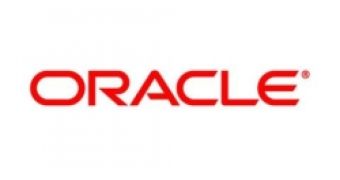MySQL's future is very uncertain at this point after Oracle made a bid to acquire Sun Microsystems which owns the database system. The deal is still waiting for approval from regulators in the EU which are debating weather and how the acquisition will affect the database market in which Oracle has a very strong presence and where the free MySQL has been making inroads especially at the lower end, cutting into Oracle's bottom line.
Now, MySQL's creator, Michael "Monty" Widenius, is stepping up his disapproval of the deal and is urging people to make their voices heard by contacting the European Commission (EC). Oracle has responded with a public statement committing to keeping MySQL open source, as well as making other assurances to the customers and the EC.
“I, Michael "Monty" Widenius, the creator of MySQL, is asking you urgently to help save MySQL from Oracle's clutches. Without your immediate help Oracle might get to own MySQL any day now. By writing to the European Commission (EC) you can support this cause and help secure the future development of the product MySQL as an Open Source project,” MySQL's creator wrote.
He is adamant that, if things go ahead in their current form, MySQL's future isn't guaranteed and that Oracle will effectively kill the project by not committing to it or by making it harder for customers to acquire and deploy it. He wants the EC to either block the deal or bind Oracle to an agreement which would ensure MySQL's survival.
Oracle has now responded, though not directly, issuing a “public commitment” meant to put at ease some of the concerns. Oracle says it will continue to release MySQL under a GPL, open-source license and will not enforce the copyright it holds against third-party vendors. In total, Oracle makes 10 claims ensuring the public of its good intentions.
However, the commitment holds no legal requirements and opposers of the deal still say it fails to cover all the issues. The EC though was very receptive and, while it didn't outright say that it would approve the deal, things seem to be moving in that direction. The EC still has until January 27, 2010, to review the deal and give its approval or reject it.

 14 DAY TRIAL //
14 DAY TRIAL //